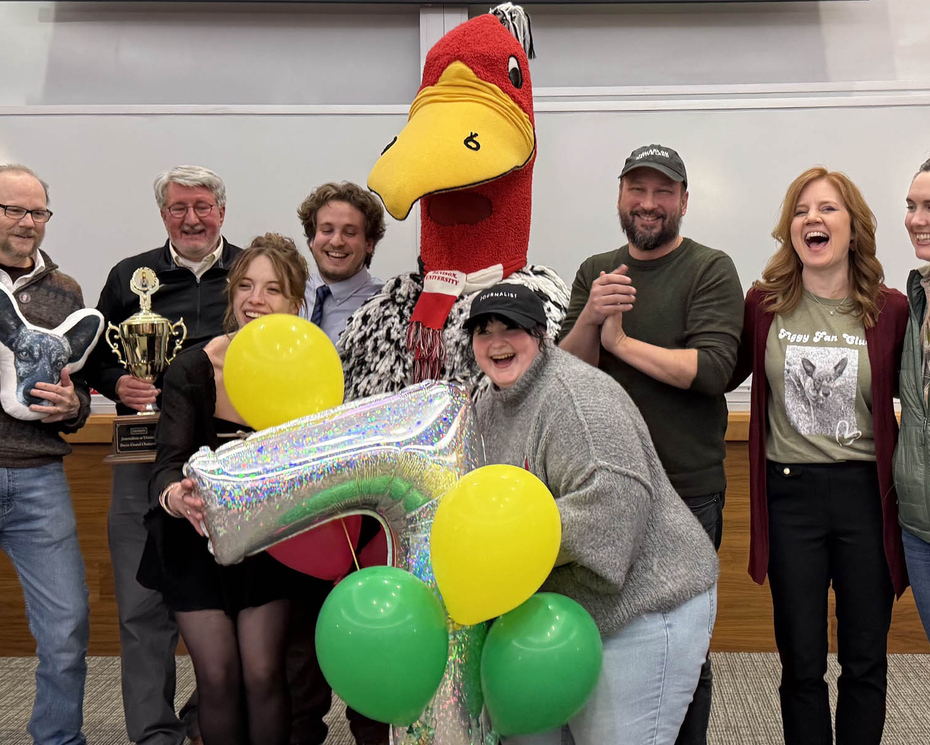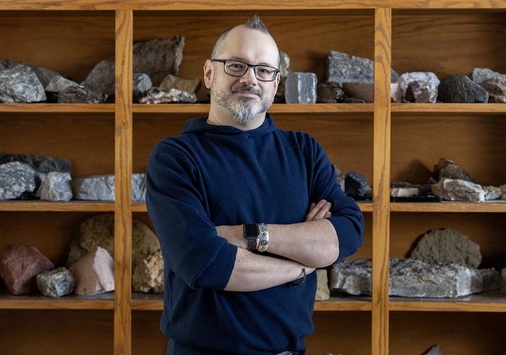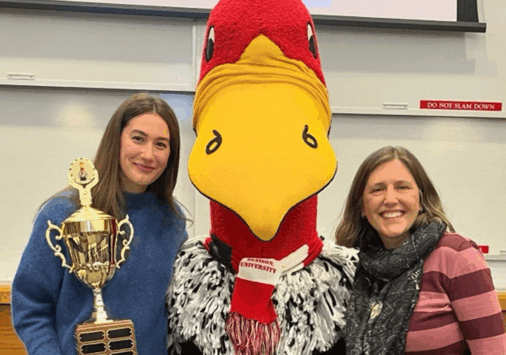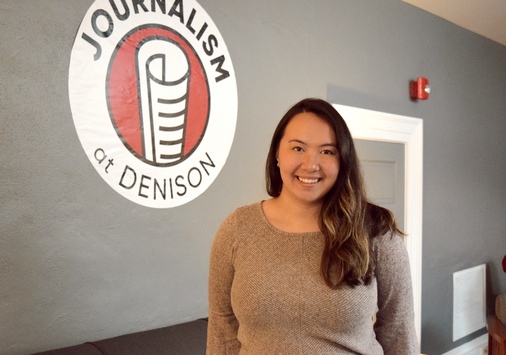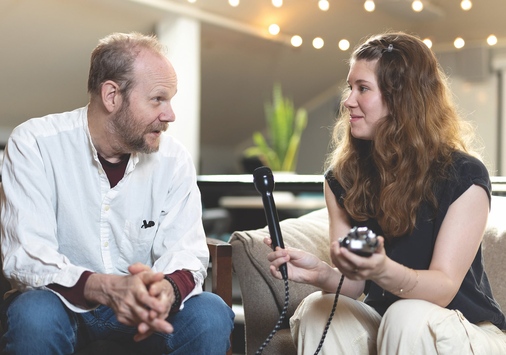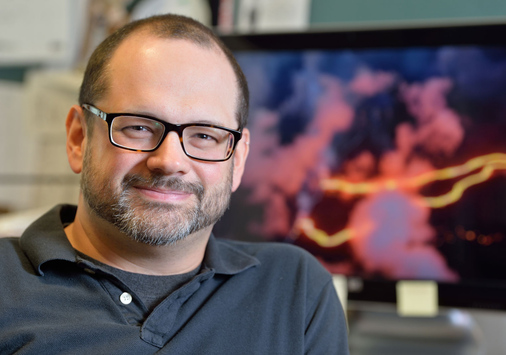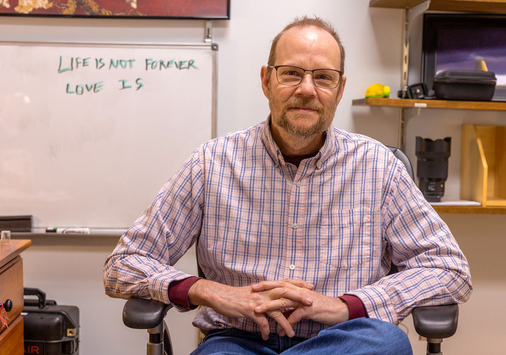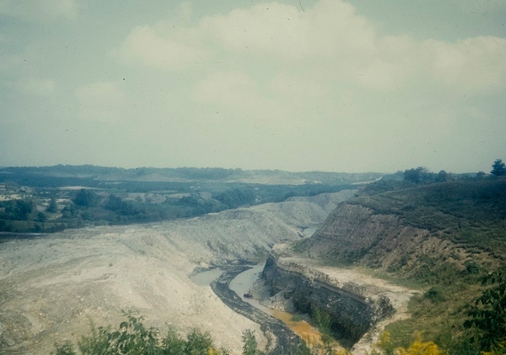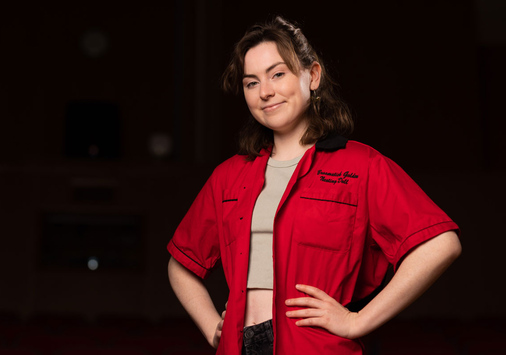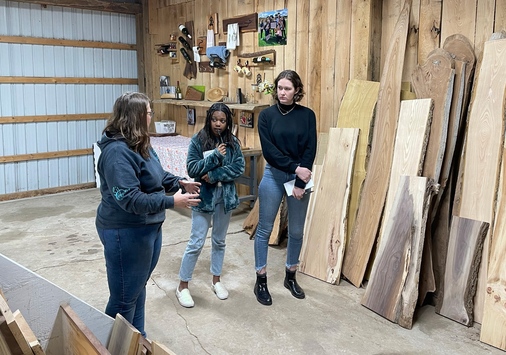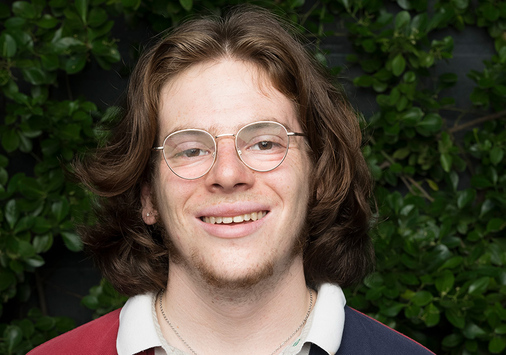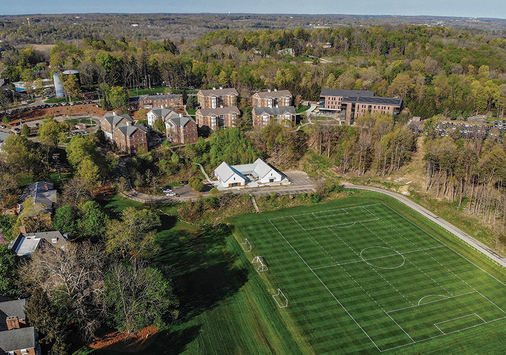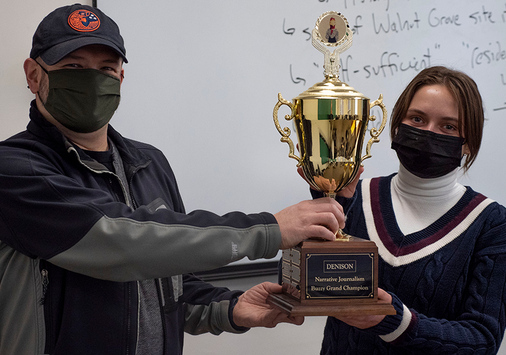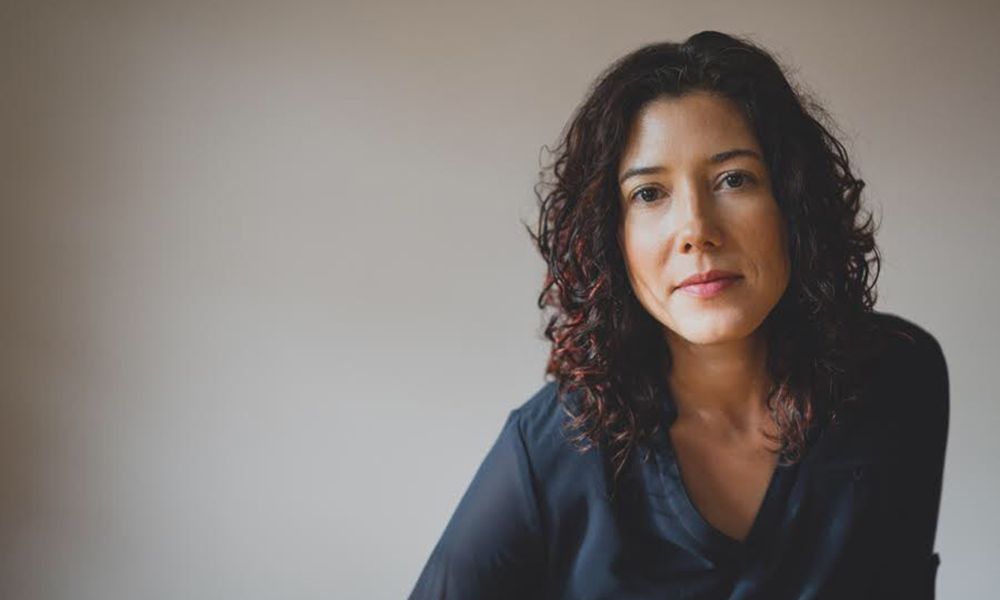
There is a movement underfoot at Denison University to bring journalism and writing for broader audiences into the curriculum across campus, in ways that help faculty make their research and subject matter more accessible.
“Sometimes faculty who are experts in their fields need help making connections with those outside of it. It’s one thing to have very deeply researched a subject and present that to an academic audience; it’s another to be able to make that information understandable to the larger community,” says Professor Jack Shuler, Chair of the Journalism program.
And oftentimes, the missing link in being able to make academic research more relatable is the element of storytelling, particularly grounded in talking about the places in which we live, our own backyards.
Thanks to a very generous Andrew W. Mellon Foundation grant, Denison was able to address this gap through the hiring of a Fellow – Maggie Messitt – to work with select faculty members in a variety of disciplines and introduce them to journalistic writing.
As an immersion journalist who is passionate about the value of narrative nonfiction, Messitt has extensive experience working with graduate students on book-length narrative nonfiction, working with journalists in newsrooms across the country, and as a literary scholar at several academic institutions, not to mention her own published work.
At Denison, Messitt has worked with two small cohorts of faculty, from January through August 2020, and again in 2021, to teach them the craft of and pedagogical practices in support of journalism. The goal is to support faculty as they incorporate deeply researched, non-scholarly writing into their curriculum and for each cohort member to produce their own narrative-driven writing.
The faculty members for each cohort are from a broad range of disciplines. In 2020, the participants were Karen Graves (Education), Heather Rhodes (Neuroscience), Taku Suzuki (International Studies/Anthropology), and Andrea Ziegert (Economics). This cohort convened in-person, once a month, for four months during the spring semester, before shifting to virtual due to Covid. The chosen faculty were assigned readings, shared in group discussions, participated in workshops, and had the opportunity to work one-on-one with Messitt on their own work
“Maggie did a good job of posing questions that would keep me thinking about my project, and I really appreciated that back-and-forth,” says Education Professor Karen Graves.
The spring 2021 cohort has five faculty members representing seven departments: Alina Halliluc (Communication, Women and Gender Studies, and International Studies), Erik Klemetti (Geosciences), Fareeda Griffith (Anthropology and Sociology and Global Health), Karen Powell Sears (Anthropology and Sociology and Global Health), and Megan Threlkeld (History).
Messitt says of this cohort: “Not only do I think these five represent important disciplines, but these faculty members are working on projects that filter their discipline through a gender-lens, and that common thread is quite exciting.”
For this second cohort, Messitt has new goals. She aims to think about what the faculty need long-term beyond their focused work together, and how to support them. She has learned that she needs to lead with the foundation of storytelling and to develop a database of teaching materials for faculty to access.
“In my previous experiences, I have worked with writers who are not experts in the subject about which they are writing. In this case, we are working with experts who aren’t storytellers, and I aim to change that,” says Messitt.
“Maggie’s coaching and instruction has enabled me to curate academic work that might be viewed as niche or focused on special populations in a way that is palatable and relevant to a wide cross-section of the population,” says Sociology Professor Karen Powell Sears.
Messitt was the founding National Director of Report for America and spent almost a decade as a long-form reporter, newspaper editor, and founding director of a journalism school for rural women in South Africa. While reporting overseas, her work was published across Europe and Australia. More recently, her work has been published in Creative Nonfiction, LA Review of Books, Mother Jones, River Teeth, the Southern Poverty Law Center’s Teaching Tolerance, World Literature Today. Her book, The Rainy Season, a work of narrative and immersion journalism, was long-listed for the 2016 Sunday Times Alan Paton Award in South Africa and a Foreword Reviews Book of the Year finalist. Messitt holds a BA from Boston College, MFA from Goucher College, and PhD in Creative Nonfiction from Ohio University.
The Andrew W. Mellon Foundation awarded a $700,000 grant to Denison University in 2018 for a campus-wide “Writing in Place” initiative to embed place-based narrative in the curriculum.
